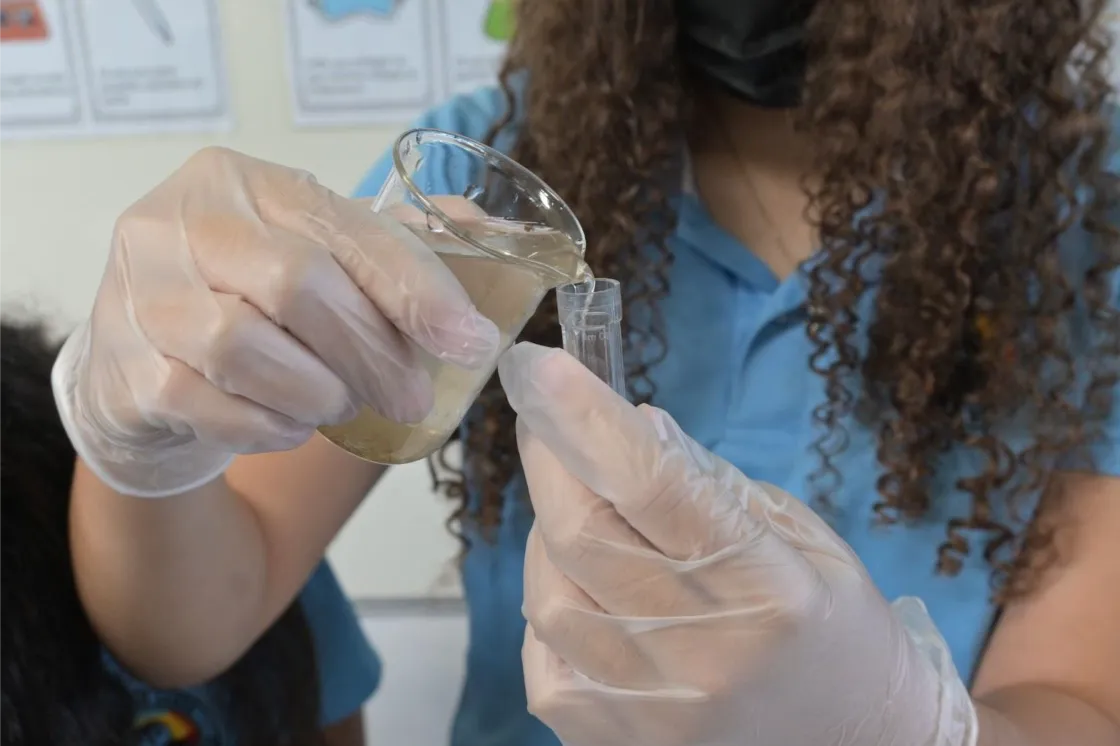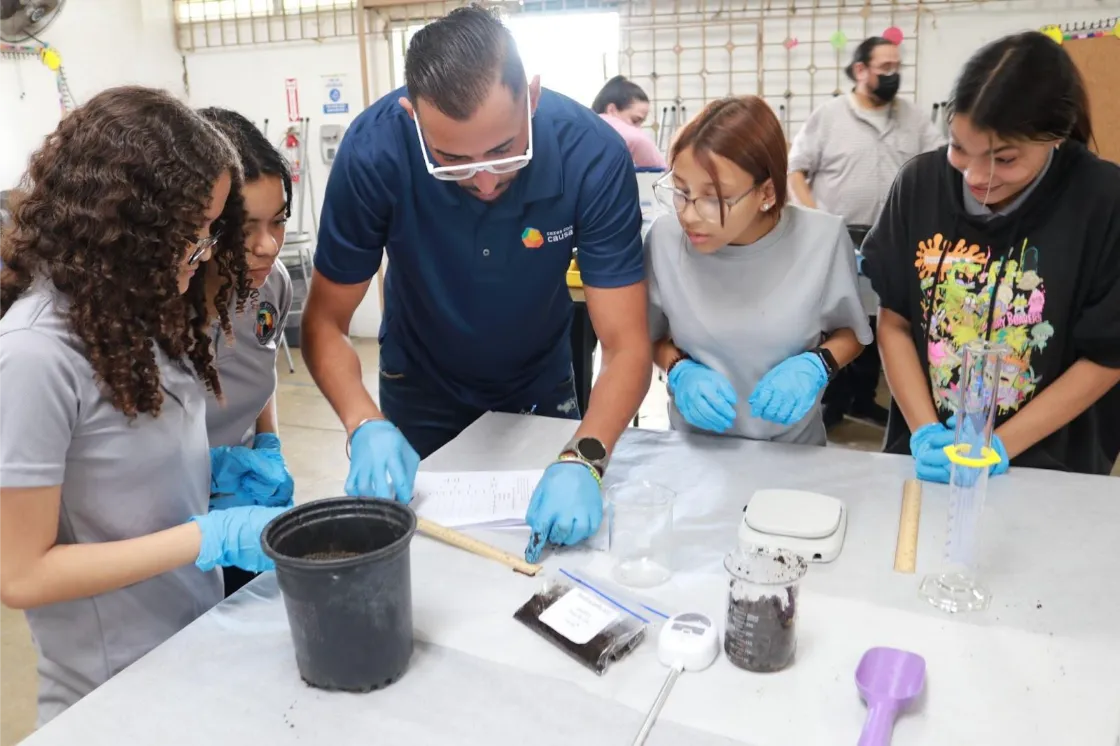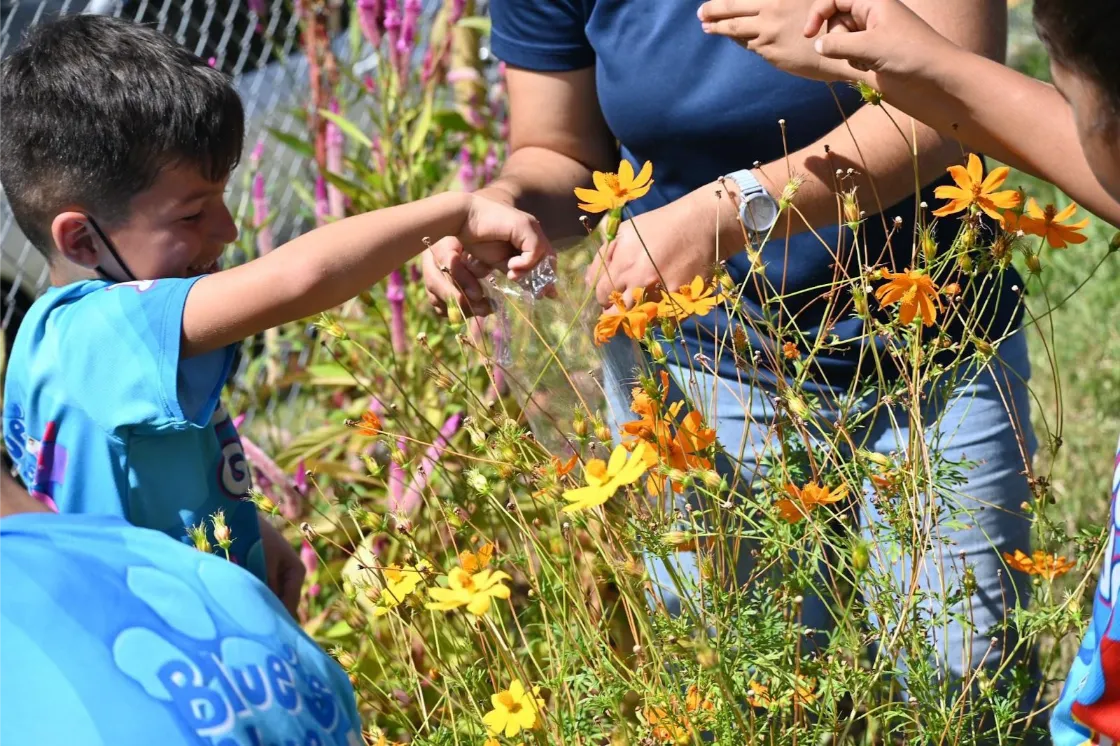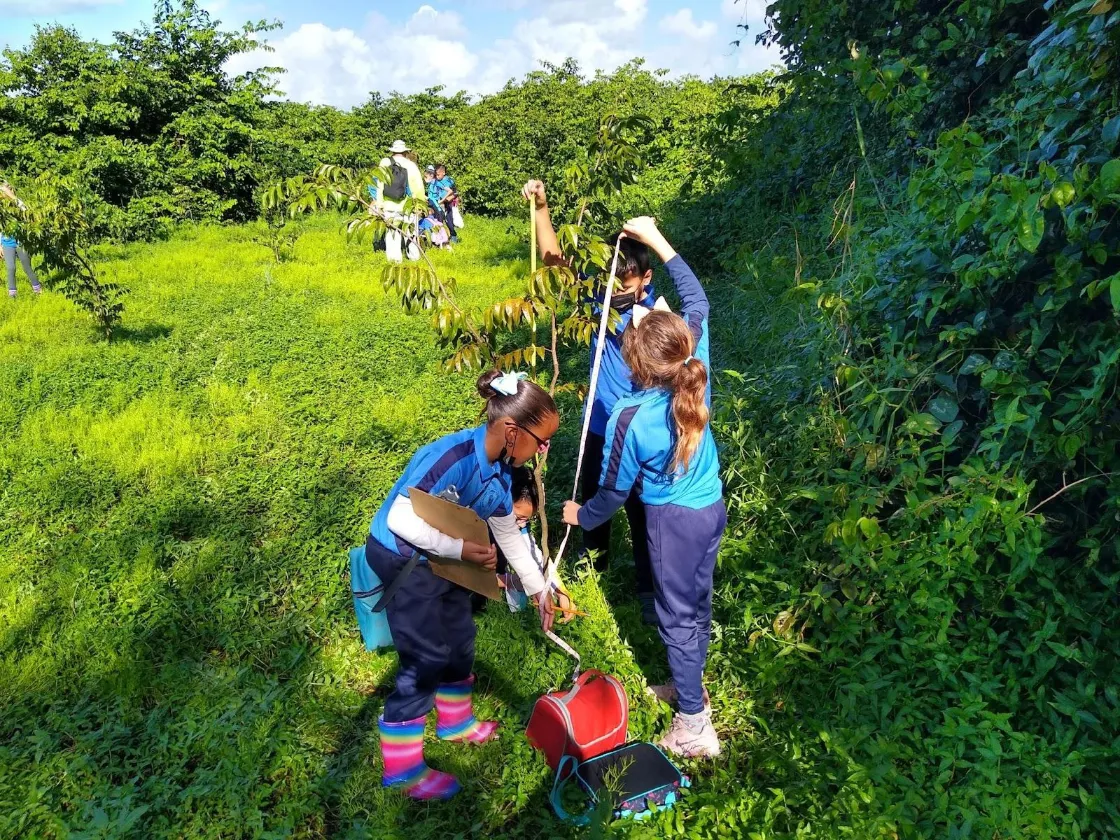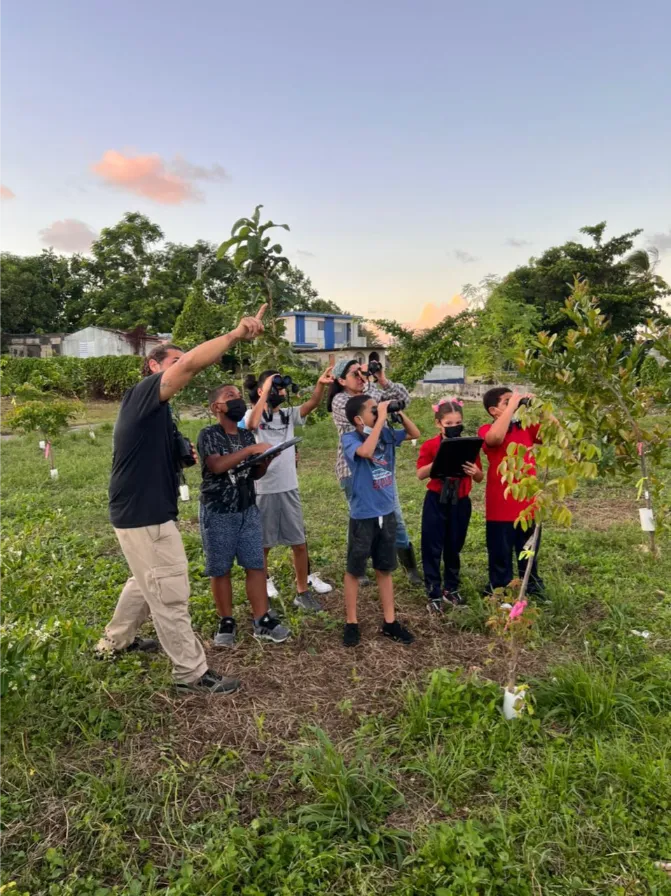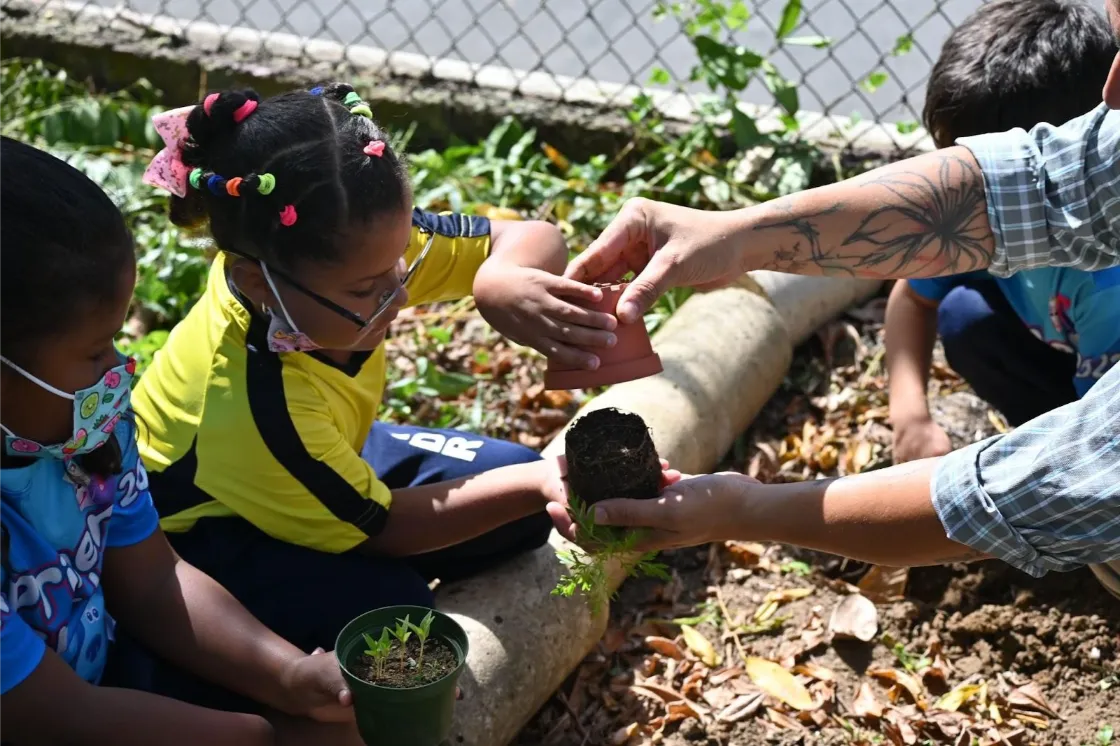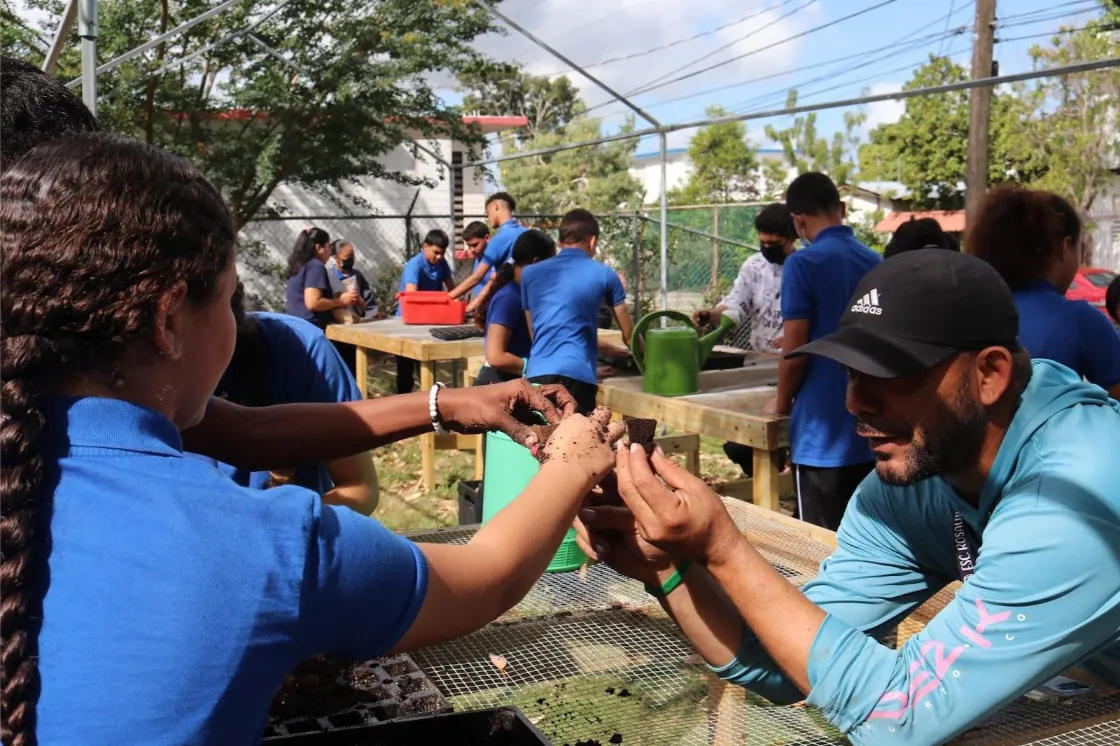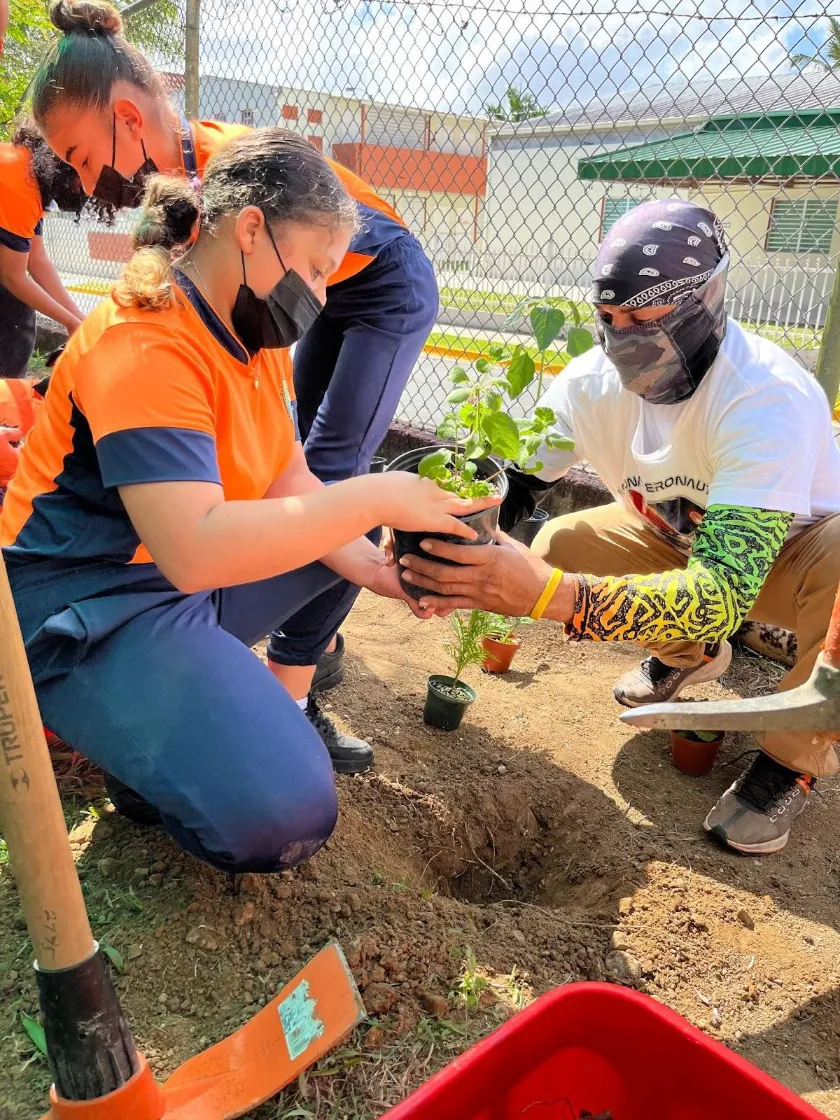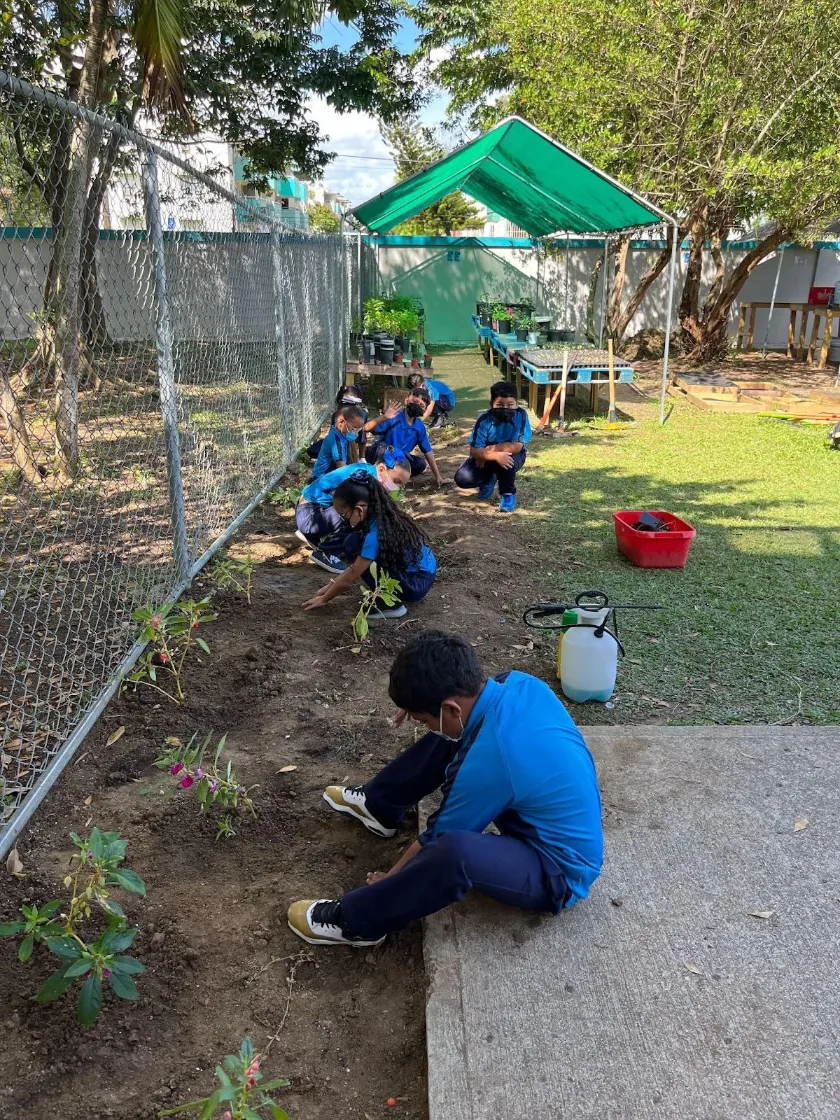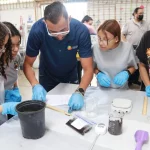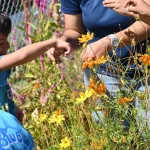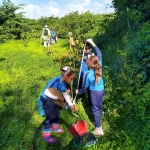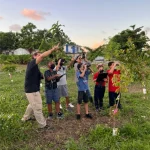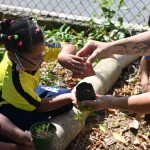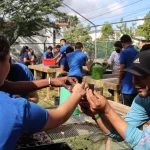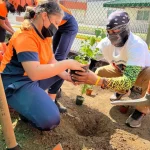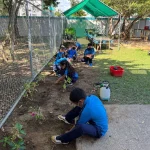Teacher: Juan José Nieves Álvarez

Juan José Nieves Álvarez
Juan has twelve years of teaching experience. He is currently an educator with Caras con Causa working with participants aged between 4 and 19 years old. His achievements in and out of the classroom vary from guiding students to pursue careers in science to modelling love and respect for all living organisms and ecosystems, and modelling the value of civic engagement. Being a martial arts instructor has also given me the perspective of compassion and empathy for others, including my students. My understanding is that having life changing experiences does not need to wait until reaching college level education.
Usefull links related to the Solution
Overview
Learners in Puerto Rico are already living with the effects of climate change including increases in the incidence of draughts, flooding, hurricanes and rising sea levels. Caras Con Causa works in a deprived area where 92% of the learners are living in poverty and there are many other social issues. The organisation uses low-cost, educational initiatives to support environmental stewardship initiatives in the area.
Theory of Change
There is a high level of interest in nature and the environment among the learners in the bay area where this project takes place, however, currently, the support for teachers to implement climate change education is low. The project provides a variety of low-cost, practical initiatives that students can take part in. Learners are empowered by taking practical steps to tackle the environmental issues that they encounter. This leads to the learners championing environmental issues in their communities and the hope is that some of these learners will become community leaders who will then champion environmental stewardship.
Approach and Actions
Seven schools are currently taking part in the project with learners aged between five and 18. Over 600 learners have so far taken part in the project. A variety of different initiatives and interventions are offered to the students, this enables the activities to be tailored to the interests and contexts of the students and schools they are being implemented in. The initiatives range from monitoring water quality to biodiversity monitoring to reforestation activities. All activities are designed to target the SDGs and some initiatives, such as the reforestation initiative, even train the learners in quality control measures to ensure the initiatives are being implemented effectively. More recently the project has started cross-generational learning initiatives – such as the implementation of a food growing programme that works to also increase the diversity of pollinator insects, older members of the community are working with the learners on this gardening intervention.
Impact
The project initiatives are providing high-quality opportunities for the learners to increase their understanding of the effects of climate change and how these effects can be mitigated. This is leading to the learners developing an environmentally focused approach to their outlooks. Five learners who completed the project have now become interns at the organisation and it is hoped some learners will go on to become community leaders.
